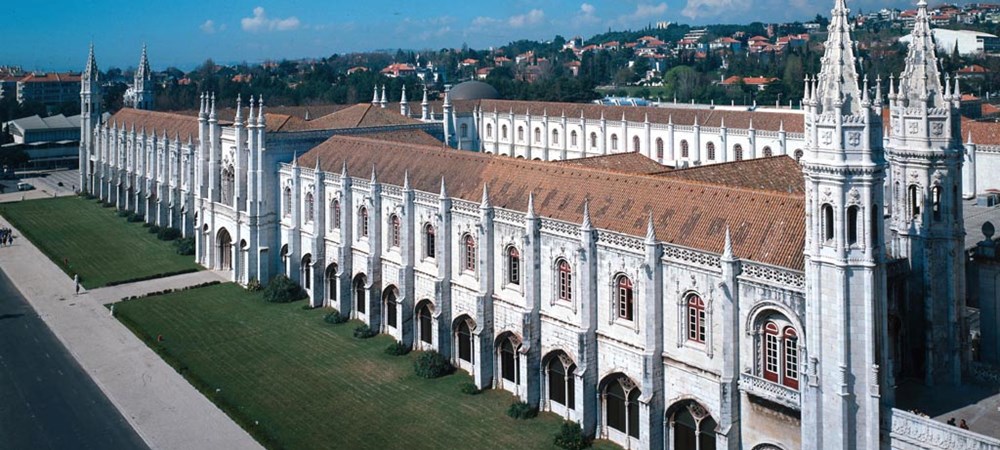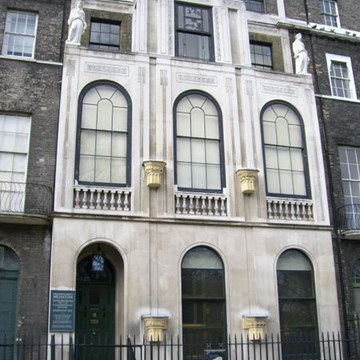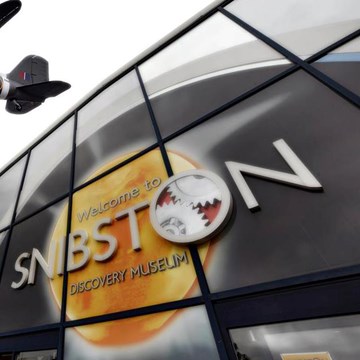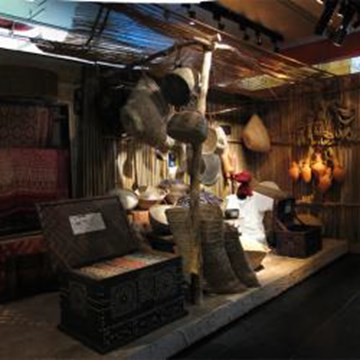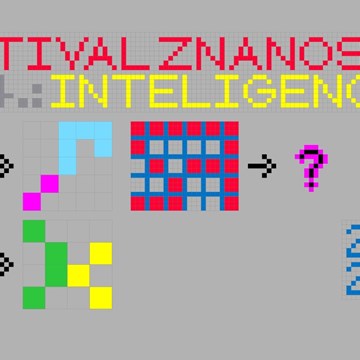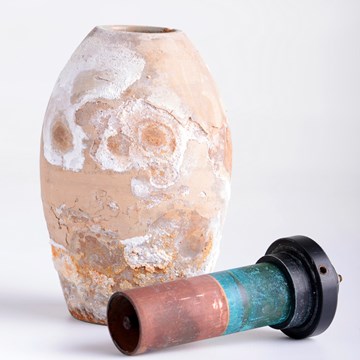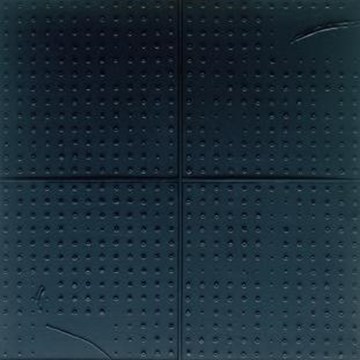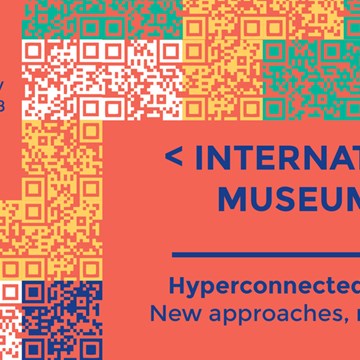National Museum of Archaeology
Museu Nacional de Arqueologia
Founded in 1893 by José Leite de Vasconcelos, named “Museu Etnográfico Português” (“Portuguese Ethnographic Museum”) and given a programme in which one tried to gather in a single communicational concept past and present, archaeology and ethnology, the present National Archaeological Museum (MNA) maintains essentially the programmatic purpose which was in its origin, reducing it, nevertheless, in chronological terms. The specialization of the subjects taught and the social development witnessed in over a century of existence, led the MNA to concentrate on its archaeological side, having as its specific field the presentation to the national and foreign public of actualised repositories of human occupation in the Portuguese territory, from the origins of the peopling, until the foundation of the nationality.
To do this, the MNA holds the most important Portuguese archaeological collection, covering every indicated historical period, in practically all the regions of the Country. And it also possesses powerful instruments for its study and increase: inventory services, library and its own editions, laboratories, research spaces, educational and cultural extension services...
To the MNA there is not one public only, but rather several diversified publics. The numerous other users of the Museum with levels of exigency which the Museum tries to satisfy are as important as the occasional visitor, always welcome and surely the most numerous frequenter of the Museum. This special public includes children or young people to whom educational workshops are organized, readers for whom we have one of the most complete Portuguese libraries of archaeology, national and foreign researchers, who are granted authorization and help to study the collections.
Special attention is given to the members of the Group of Friends of the MNA (GAMNA), who also contributes much, with its multiple activities (courses and conferences, didactic publications, study visits, etc.), to the enrichment of our hundred-year-old institution.
Exhibitions and events
We don't have anything to show you here.
Educational programs
We don't have anything to show you here.


